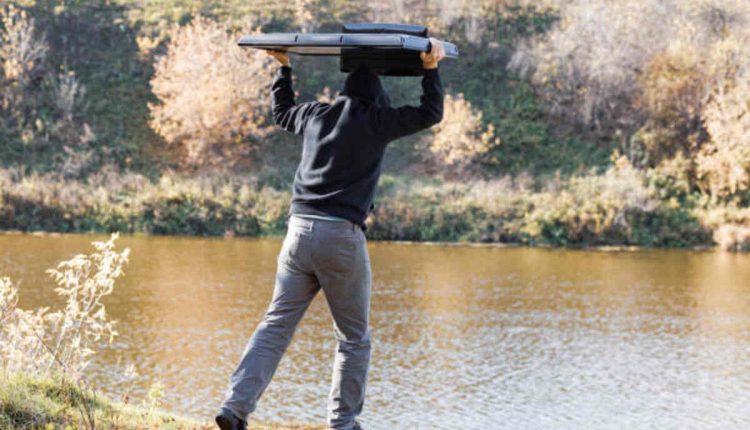Hood River Garbage
Hood River Garbage provides residential curbside garbage collection service as well as recycling and yard debris disposal in Cascade Locks and Hood River. Residents in Hood River can utilize an online tool that helps them monitor their trash and recycling schedules easily.
Homeowners can utilize the My Schedule tool to view and print customized calendars.
Recycling
Hood River residents can opt for curbside garbage, recycling, and yard debris collection or self-hauling their waste to the local transfer station in The Dalles. If you don’t subscribe yet, contact your hauler and see what options may be available in your area. Besides reducing landfill space and decreasing waste management costs, the yard debris program also reduces livestock feed requirements at local farms as well as commercial fertilizer use on lawns – both of which have detrimental effects on both our environment and water supplies.
Hood River residents can help reduce litter by placing their trash and recyclables in cans or recycling bins instead of on the streets. Residents also play an integral role in preserving sidewalks adjacent to their properties by clearing away leaves and other debris, which could otherwise cause damages or injuries due to unsafe pavement surfaces. It is in everyone’s best interest to ensure safe conditions are present on all city sidewalks.
Hood River Garbage provides its residential subscribers with an online tool called My Schedule that makes checking their recycling schedule easy and provides collection dates as well as calendar prints. In addition, Hood River Garbage accepts large volumes of electronics, motor oil, and sharps free of charge at its transfer station; additionally, it has a temporary drop box service for contractors and construction sites.
Yard Debris
Many communities throughout the Gorge have been encouraging responsible fall yard debris disposal. Residents should rake leaves to the curb and compost them or place them in yard waste roll-bins for collection; alternatively, they can drop off leaf debris at Hood River transfer station on Wednesdays for discounted rate collection; please keep in mind, however, that residents are responsible for any leaves that have blown onto sidewalks adjacent to their properties and must remove and properly dispose of these leaves as soon as they become visible.
At a recent meeting of Hood River County Board of Commissioners, Jim Winterbottom, site manager for its trash transfer station, announced that abuse of its free Wednesday yard debris service at this facility may soon come to an end. Instead, charges may soon be implemented for this service which started about ten years ago as an accommodation to city residents who pay for garbage pickup but need an outlet for their tree and shrub trimmings.
Curbside Collection
The curbside collection goes beyond simply trash and recycling; it also covers yard waste, metals, and Christmas trees. Some communities also provide compost collection services as well as drop-off programs for materials that cannot be recycled through regular curbside collection; this varies by council.
Residents are strongly encouraged to recycle as much as possible and can utilize an online recycling guide to determine what can and cannot be recycled in their community. Aluminum and steel cans, plastic bottles and containers, cardboard boxes, paper products (newspaper, books, and magazines), glass jars and bottles, and plastic bags may all be recyclable; however, most programs do not accept plastic bag recycling programs – check with local stores in your area if any exist!
Curbside collection of garbage and recycling is offered free to residential single-family structures and multi-family apartments of up to 12 units who opt-in. Each owner receives one new garbage cart, with the option to purchase additional carts as desired. Bulky items, tires, and white goods collections may also be provided at an additional charge.
Notably, these programs wouldn’t work without the collaboration of building staff – specifically cleaners, porters, and other janitors – as the increased food scrap collection would present them with a substantial challenge, especially in buildings where rents and incomes are higher.

